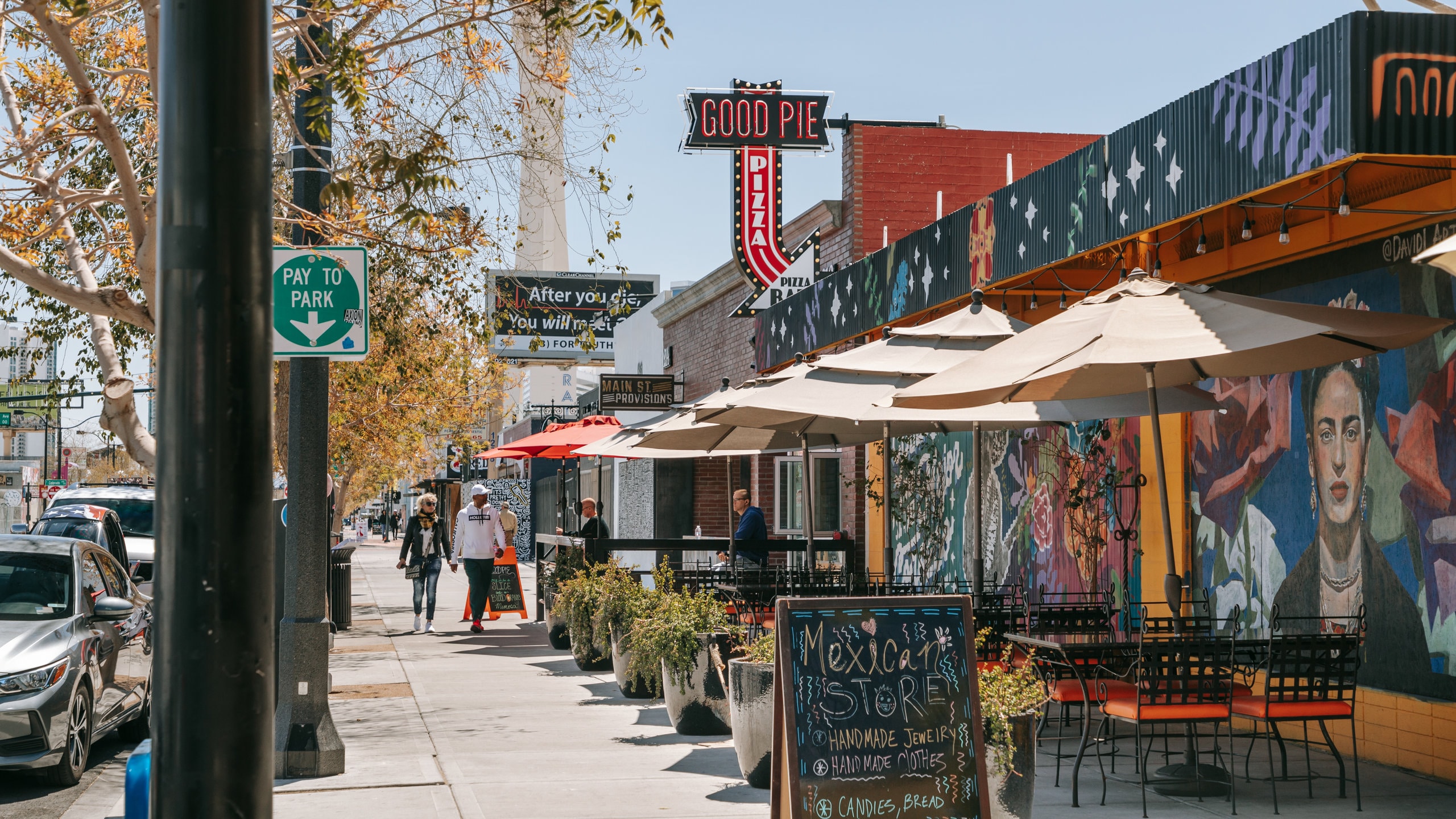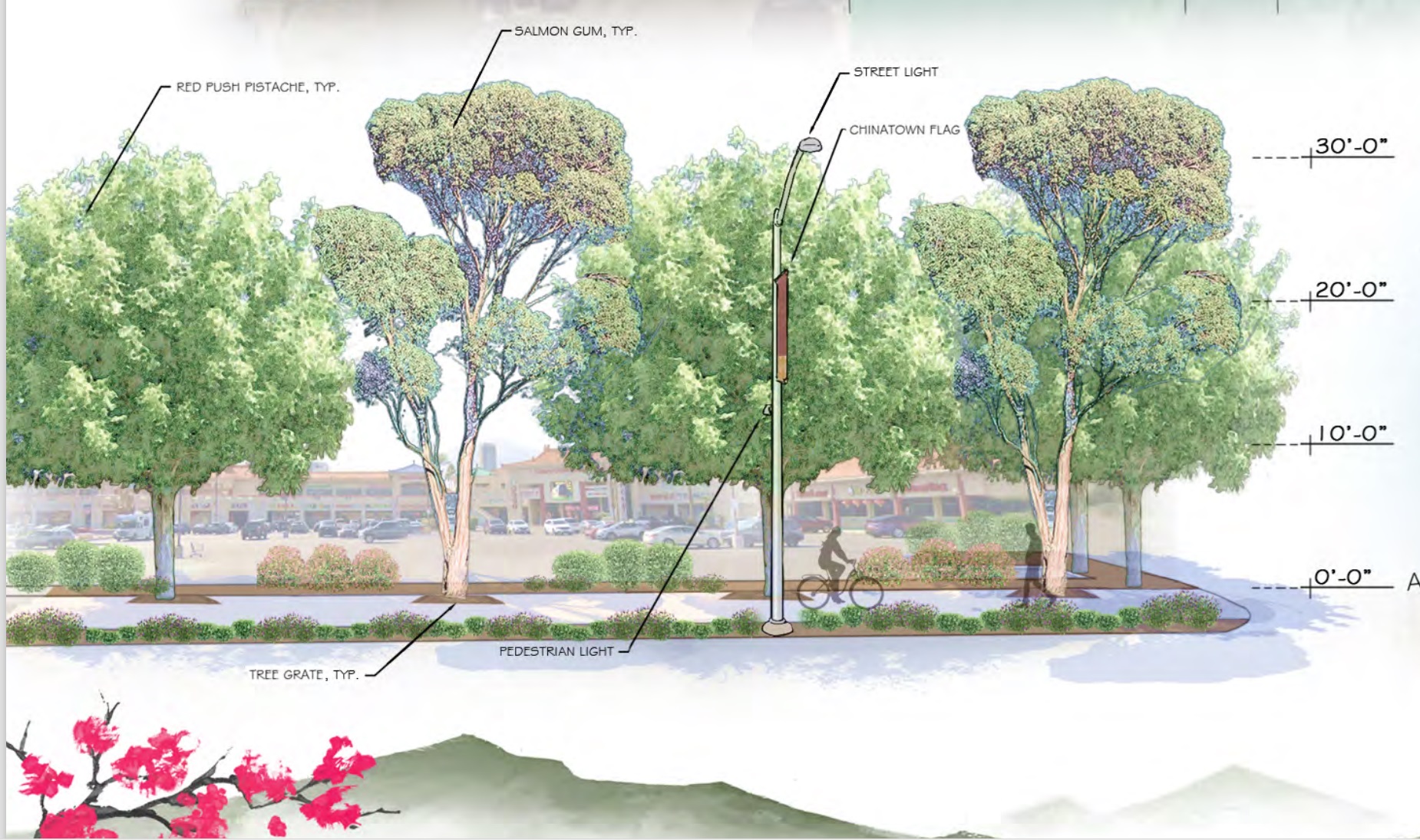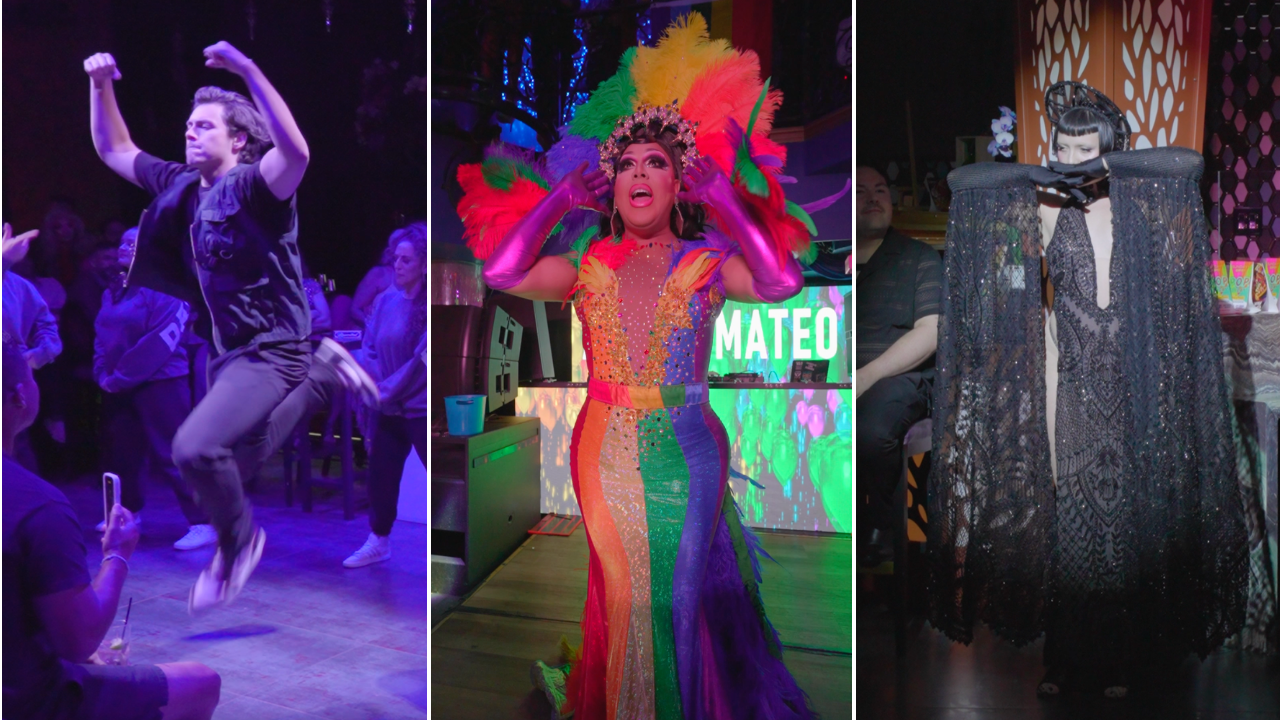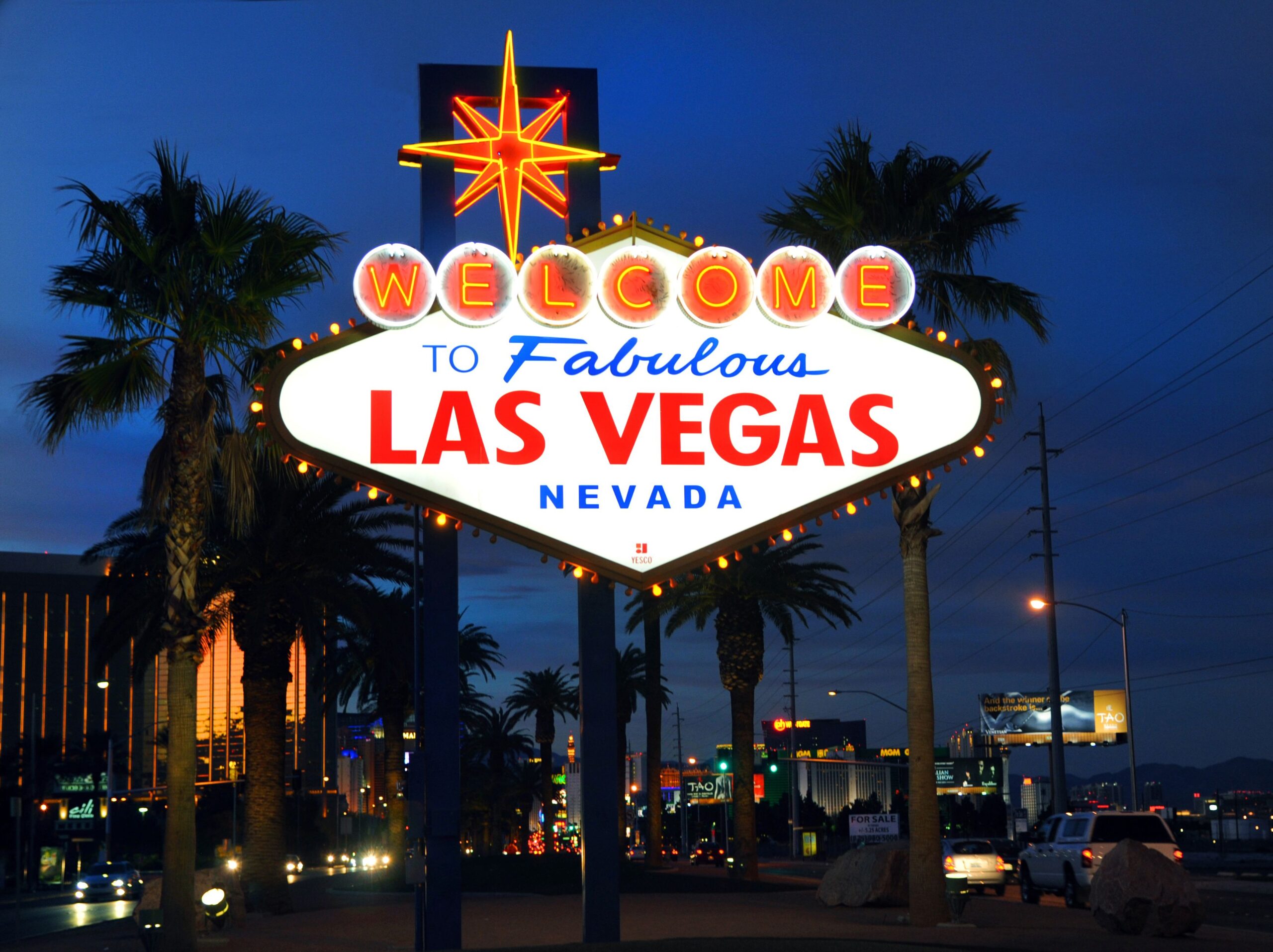Las Vegas Arts District faces critical crossroads as noise ordinance changes loom

The heart of Vegas culture confronts new development pressures
The Las Vegas Arts District stands at a pivotal moment in its history. Business owners and artists have until July 31, 2025, to weigh in on proposed changes to the area’s noise ordinance that could fundamentally alter the character of this vibrant cultural hub. The proposed amendments have sparked intense debate between established businesses and newer residential developments, highlighting tensions that many see as emblematic of broader gentrification concerns.
Current exemption allows thriving nightlife economy
For years, the Arts District has operated under a special exemption from the city’s standard noise regulations. Currently, outdoor live music can continue until 2 a.m. on weekends, creating an atmosphere that has drawn locals and tourists seeking an authentic Vegas experience beyond the Strip. This extended timeframe has been crucial for venues that depend on late-night entertainment revenue.
Jason Corral, owner of Ninja Karaoke, emphasized the economic impact: “Those are usually the most profitable nights, and that’s usually how a lot of these businesses and venues make payroll, make payments and somehow manage to strive and be successful in what they do.”
Proposed changes would drastically curtail operating hours
If the drafted ordinance takes effect, it would restrict live music to end at 10 p.m., aligning the Arts District with citywide noise regulations. According to additional details from the proposal, events from Sunday to Wednesday must limit their noise by 10 p.m. On Thursday, the limit would be midnight, and on Friday and Saturday, it would be 2 a.m.
Business owners fear that removing the exemption would restrict how they program their venues and “ultimately change the character and vibe of each venue that does have an outdoor space,” according to Abe Taylor, owner of 18bin Bar & Restaurant.
Development boom brings new stakeholders
The catalyst for these proposed changes appears to be the rapid development occurring in the Arts District, particularly the arrival of luxury residential projects. Z Life Co., developers of The English Hotel, held a ceremonial groundbreaking in April 2025 for a multi-tower project that calls for condos, hotel rooms and apartments.
The Midtown project aims to add 3,000 residential units and 100,000 square feet of commercial space to the Arts District area over the next 10 years. This represents a massive transformation of an area that has traditionally been dominated by small businesses, galleries, and entertainment venues.
Community pushback intensifies
Business owners have not remained silent in the face of these potential changes. An open letter to city officials, signed by numerous establishments, argues that they have invested millions of dollars building their businesses based on existing regulations. The letter states: “It would completely cripple the ability of the Arts District as a whole to operate as a credible nighttime destination for locals and tourists alike.”
The letter also directly addresses the new developments, noting: “The obvious catalyst for the proposal are the three new condo projects coming up quickly… Without everything this community has built to this point, you wouldn’t be here. You wouldn’t move to Manhattan and expect the quiet of suburbia.”
Developers defend their position
The Instagram account for the English Hotel and future high-rise condo complex “English Residences” posted a statement calling for change: “We did express concern about specific late night noise disruptions… Neighborhoods evolve. We believe strongly that bringing more residents into the area is the most sustainable way to support small businesses.”
This perspective suggests that developers see increased residential density as beneficial for the area’s long-term viability, even if it requires adjustments to current operating practices.
Recent tensions highlight deeper conflicts
Reports have emerged of alleged altercations during permitted community events, with video circulating on social media showing confrontations between new development figures and community members. These incidents have added fuel to an already heated debate about who has the right to shape the future of the Arts District.
Many residents and organizers believe the noise ordinance proposal is no coincidence and may be driven by newer development interests in the district. The timing of these conflicts, coinciding with the public comment period on the noise ordinance, has heightened tensions in the community.
Economic implications could be severe
Jeff Hwang of Taverna Costera emphasized the area’s economic foundation: “This whole area is built on live music. It’s the whole reason that, you know, why we built here.” The proposed changes threaten not just individual businesses but the entire ecosystem that has made the Arts District a destination.
Without the freedom to operate into the late hours, business owners fear the entire district will lose its charm and become just another quiet part of town. This could have ripple effects on employment, tax revenue, and the cultural identity of Las Vegas itself.
First Friday exemption offers limited consolation
City officials have indicated that any changes would not apply to First Friday, the monthly arts celebration that draws thousands to the district. However, this exemption provides little comfort to businesses that depend on regular weekend traffic for their survival.
Community mobilization efforts underway
Community members have started gathering signatures for a petition to deliver to city officials. Social media campaigns and public forums have become battlegrounds for competing visions of the Arts District’s future.
One Redditor’s comment captured the sentiment of many: “Folks with money coming into a space that has its own culture and are trying to change it? A tale as old as time!” Another user described the situation as “Gentrification at its finest.”
Survey deadline approaches
The City of Las Vegas reiterated that no decisions have been made, and they are currently gathering feedback from affected businesses. With the July 31 deadline looming, stakeholders on all sides are making their voices heard.
Business owners hope for collaboration rather than confrontation. One owner expressed: “We understand there’s gonna be some compromises, there’s gonna be some changes that need to happen. What we would like is just an opportunity to voice our opinions as business owners and make sure that we’re working seamlessly with the developers and new places that are being built here to maintain what makes our district so special.”
The future remains uncertain
As the Arts District stands at this crossroads, the outcome of this debate will likely set precedents for how Las Vegas balances growth with cultural preservation. The question remains whether the district can maintain its identity as a haven for artists and nightlife while accommodating new residents seeking a different kind of urban experience.
For now, all eyes are on the July 31 deadline and what city officials will decide based on the feedback they receive. The future character of one of Las Vegas’s most distinctive neighborhoods hangs in the balance, with implications that extend far beyond noise levels to questions of cultural identity, economic vitality, and urban development philosophy.
How to participate in the public comment process
Businesses and residents who wish to voice their opinions on the proposed noise ordinance changes should submit their feedback through the official city survey before the July 31, 2025 deadline. The outcome of this process will shape the Arts District for years to come, making participation crucial for anyone with a stake in the area’s future.
Image Source: https://www.expedia.com/Las-Vegas-Arts-District.dx553248635975711459
Category: Local News, Culture, Nightlife
Subcategory: Community Issues
Date: 07/04/2025




